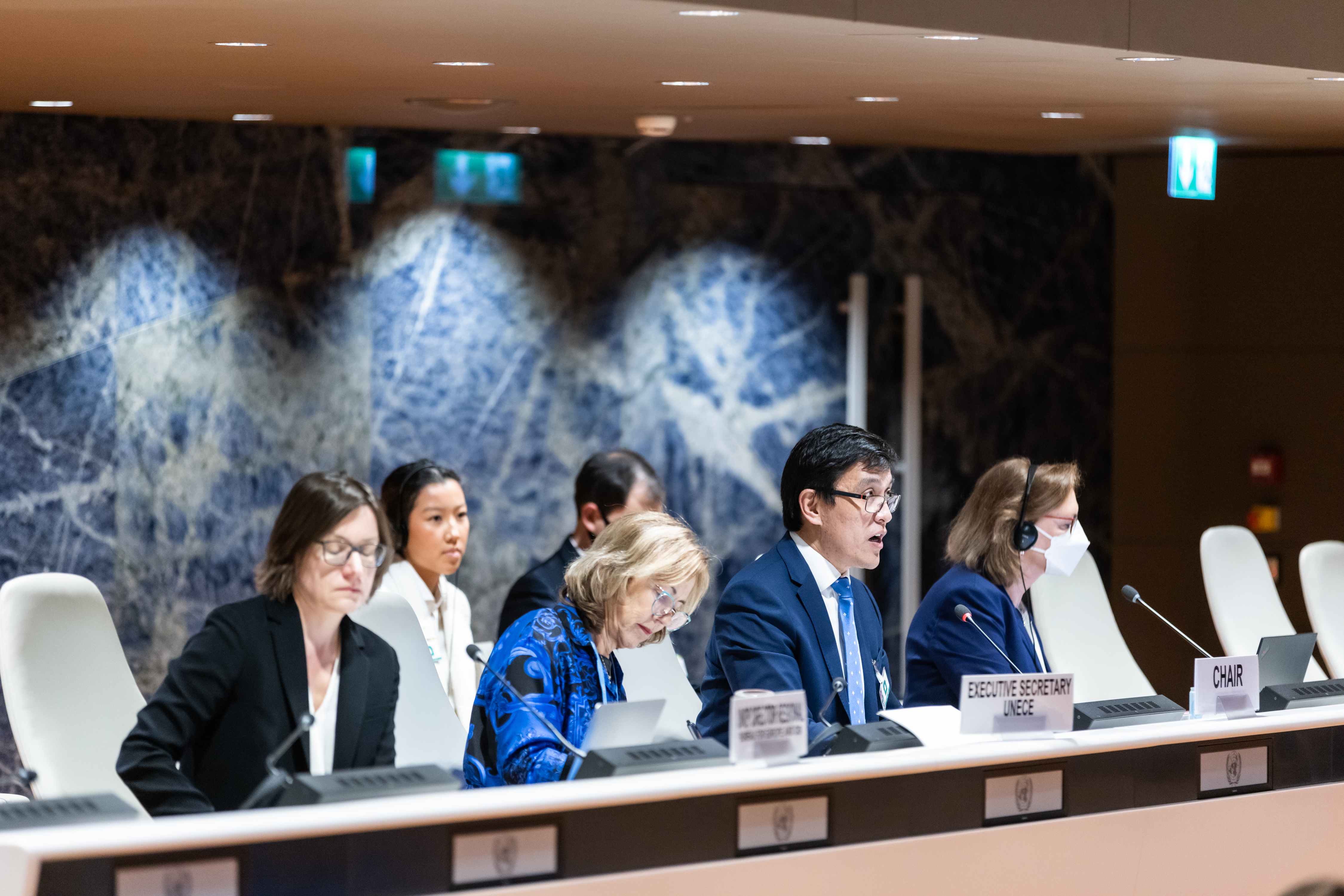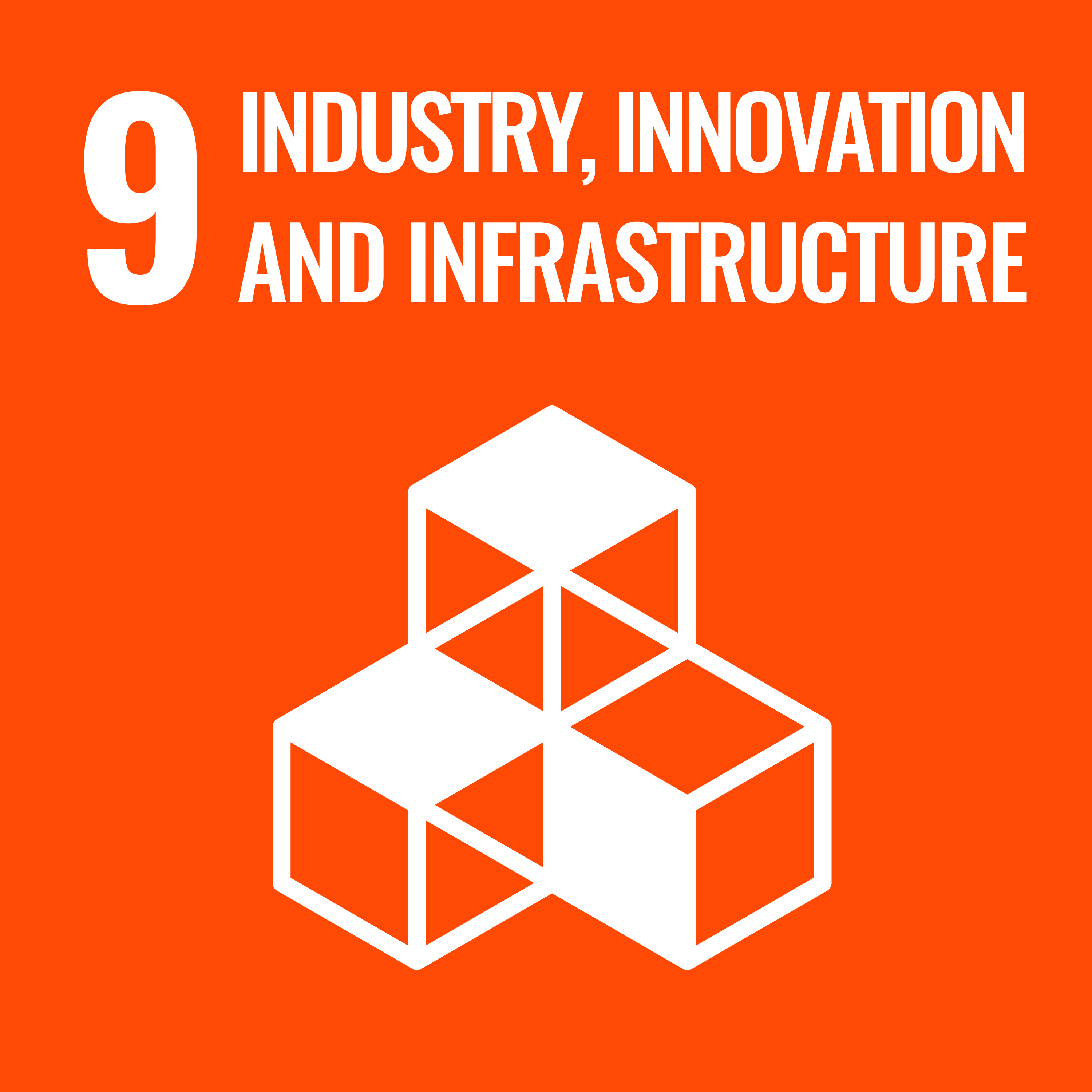About the event
Green, Sustainable and Resilient Infrastructure
Electricity and heat production account for 25 per cent of global greenhouse gas emissions (GHG), and industry contributes about 21 per cent. Transport makes up a further 14 per cent. All together emissions associated with infrastructure assets, including embodied carbon in new construction, make up for 60 per cent of GHG. Decarbonization of infrastructure has progressed over the past decade, but still has a long way to go to reach the goal of the Paris Agreement. In the transport sector, rising demand for motorized mobility has outweighed improvements in fuel efficiency, modal share, and electrification of the vehicle fleet. The roundtable will feature speakers from a variety of key sectors to present their perspectives, targets, and challenges in trying to achieve more resilient and greener transport and industry sectors through targeted mitigation and adaptation efforts. Representatives of member States will also share their experience and suggestions for collective efforts in the journey of a net-zero transition in the region and beyond. Throughout the discussions, light will also be shed on several cross-cutting issues including related to quality, governance, and transparency aspects of infrastructure provisioning as well as its gender and social dimensions.
Transformative innovation to accelerate sustainable development
The world is not on track to reach the Sustainable Development Goals by 2030. Accelerating progress becomes more urgent by the day. Incremental changes to the ways we consume and produce will no longer be enough. We need to truly transform entire systems, such as the built environment, energy generation and distribution, industry, or transport. This peer learning roundtable will showcase new policy approaches for catalyzing truly transformative innovation. It will bring together policy makers and innovators from the UNECE region to share success stories and challenges on how to rally researchers, innovators, businesses and users around societal challenges and missions, how to create space for experimentation not only with new technologies and business models, but also with new policy approaches, how to coordinate the development of complementary innovations in many different fields that cumulatively have a transformative effect, and how to rapidly deploy them at scale. The session will also feature the gender dimension of innovation.
UNECE Sustainable Transport Division, UNECE Cooperation and Trade Division




